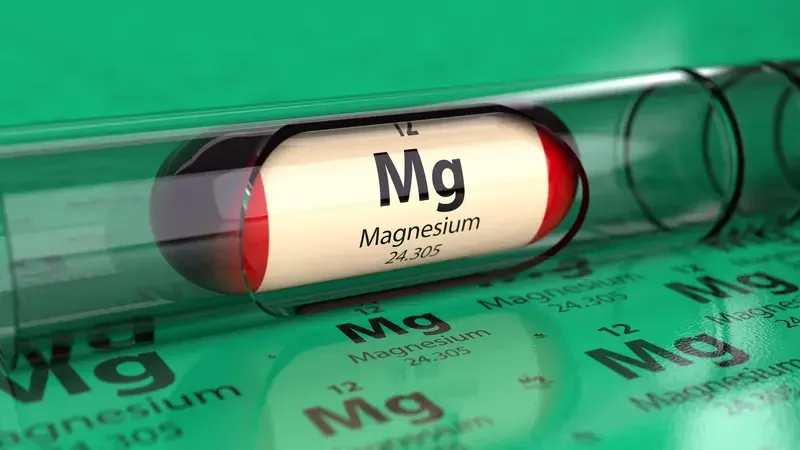Stress is far more than just a mental burden; it manifests physically throughout the body. Recent research shows that rising levels of stress and anxiety can trigger a range of physical symptoms, including heart palpitations, headaches, acid reflux, and insomnia. These are often mistaken for unrelated health issues, yet they frequently originate from the nervous system’s response to psychological pressure.
When stress levels increase, the body activates the fight-or-flight response, releasing hormones like cortisol and adrenaline. While these chemicals are essential in acute danger, prolonged elevation has harmful effects. Blood vessels constrict, heart rate increases, digestion slows, and the brain finds it difficult to relax. This chain reaction can result in pounding hearts, tension headaches, chest discomfort, stomach issues, and difficulty sleeping.
Chronic stress, in particular, has been linked to disrupted sleep, hormonal imbalances, and digestive problems. It also negatively affects gut microbiota, which influences mood, appetite, focus, and immunity. Simply addressing these physical symptoms is often insufficient, as the underlying cause is emotional strain or sustained mental pressure.
The positive takeaway is that even small lifestyle adjustments can counteract stress’s effects. Deep breathing exercises, consistent physical activity, proper hydration, balanced nutrition, and quality sleep send calming signals to the nervous system. Additionally, seeking emotional support, practicing relaxation techniques, and limiting excessive screen time can help manage mental load and restore balance.
This research highlights the inseparable connection between mental and physical health. Paying attention to your body is crucial, and managing stress is not optional—it is essential. Ignoring stress does not demonstrate strength; actively addressing it protects long-term health and overall well-being.








































